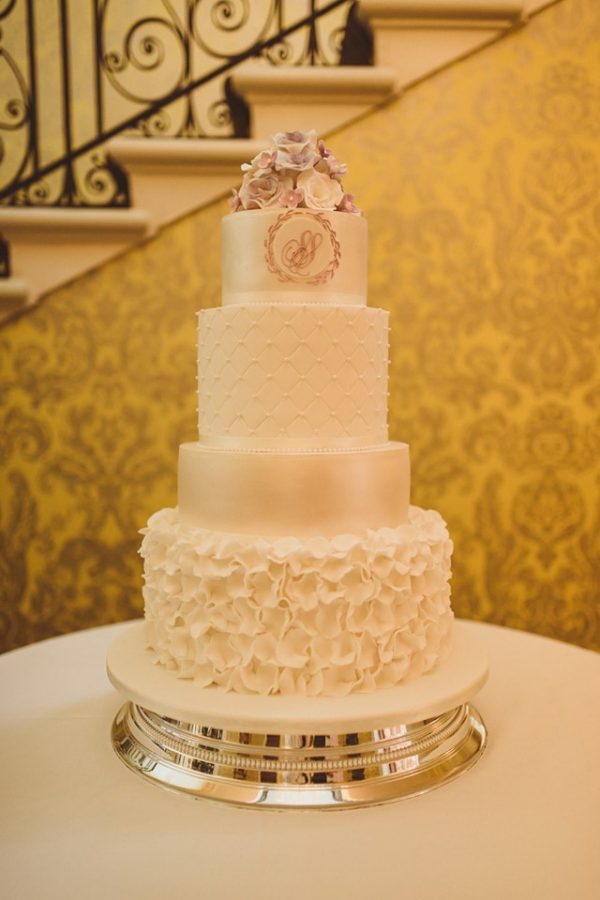Yum! You’ll be licking your lips at the prospect of this blog, after reading the title!
Well, I’ll try and keep it light, but it’s an important area.
As far as legal registration is concerned, we’re only talking about births, deaths and weddings. You don’t need any paperwork to celebrate a Vow Renewal or handfasting.
With births, the registration is almost always done at the hospital (although I realise that not everybody has their baby there). For deaths, the doctor (either at home or, again, at the hospital) usually provides the death certificate, and you take it to the local Register Office.
With weddings it’s a little more complex.
Religious weddings
If the wedding is conducted in an Anglican church or synagogue, or according to the Quaker service, then there is normally a member of the church (etc.) present who is a registrar. They will ensure the legalities are carried out.
If you’re having a marriage anywhere else, then things are different. That’s where it gets more complicated!
Register Office
You need to register your intention to marry at least 28 days in advance. Then you go to the Register Office (by appointment) with two witnesses, and can get legally married. The ceremony will be totally secular and fairly standardised (so next-to-nothing to differentiate one service from the next).
You don’t necessarily have to go to the Register Office. Legislation is going to change, but for now, provided the wedding venue has four solid walls and a roof (basically), the registrars can come out to the venue and conduct the wedding for you there. (This will cost several hundred pounds more than attending the Register Office.)
Another alternative
You can have a civil celebrant-led ceremony. This may allow you a religious (or partially-religious) or a secular ceremony – but the choice is ultimately yours. The big thing – setting this option out from the other two – is that you can have the ceremony of your dreams. Why? Because the celebrant should work with you in advance to respect and enable your vision. It’s all about personalising, rather than following a standard rubric. That means your ceremony will be unique, and can reflect your personalities and beliefs.
The downside is that (again, there is new legislation in the air for England & Wales) currently a civil celebrant’s ceremony has no legal validity. So you still have to have the Registrar-led ceremony (either in their office or at your chosen venue, if it’s suitable) in addition.
Either way, once you’re legally married, you can have the dream ceremony, conducted by the celebrant, afterwards. To all intents and purposes, that will be your real wedding!
Hopefully, not so painful, was it? But if you have any questions, please feel free to ask me.
Photo: Matt Penberthy

